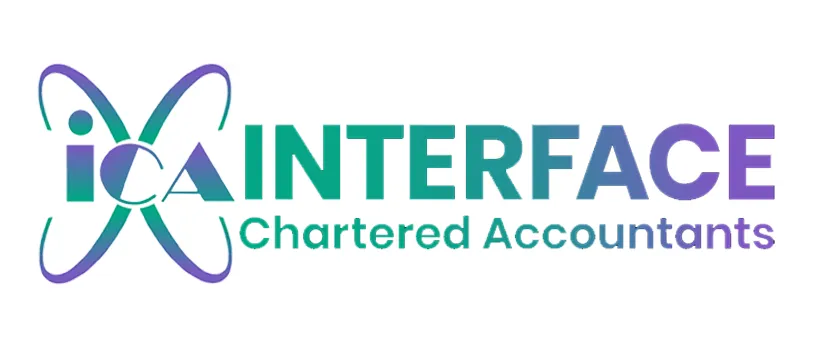Taxes are an inevitable part of life, and understanding the various deadlines associated with them is crucial to ensure you remain compliant with HMRC regulations. In the UK, tax deadlines can vary depending on your individual circumstances, but there are several key tax year dates that everyone should be aware of. In this comprehensive guide, we will explore the essential tax deadlines for the tax year 2023.
When does the tax year start?
The UK tax year typically begins on the 6th of April and ends on the 5th of April the following year. The tax year 2023, therefore, runs from April 6, 2023, to April 5, 2024. Understanding this tax year structure is fundamental for knowing when your tax-related responsibilities come due.
When Are Taxes Due?
For the tax year 2023, the deadline for individuals to submit their self-assessment tax return is on 31st January 2024. This deadline applies to anyone who is self-employed, a sole trader, or has income sources outside of their main job, such as rental income, dividends, or interest on savings. Missing this deadline can result in financial penalties, so it’s crucial to ensure you complete your tax return well in advance.
Corporation Tax Deadline
If you’re a limited company in the UK, the deadline for paying your corporation tax falls nine months and one day after the end of your accounting period. For example, if your accounting period ended on the 31st of March 2023, your corporation tax payment deadline for the tax year 2023 would be 1st January 2024. Keep in mind that you must also file your company’s tax return with HMRC within 12 months of the accounting period’s end.
Self-Employment Tax Return Date
The deadline for self-employed individuals to submit their self-assessment tax return aligns with the general self-assessment tax return deadline, which is 31st January 2024 for the tax year 2023. It’s essential to stay organized throughout the year and keep accurate records of your income and expenses, as this will make the tax return process smoother when the time comes.
Tax Return Accountant Services
Completing your tax return can be a complex process, particularly if you have various income sources or run a business. Many individuals and companies opt to enlist the services of a tax return accountant to ensure their returns are accurate and submitted on time. Tax accountants can assist with understanding your tax obligations, identifying allowable expenses, and maximizing tax savings.
Chartered Accountant Services
Chartered accountants are highly qualified professionals who provide a range of financial services, including tax-related support. These experts can offer in-depth advice and guidance on complex tax matters, making them a valuable resource for businesses and individuals.
Deadlines for Accounts and Confirmation Statements
For companies, there are additional deadlines related to filing annual accounts and confirmation statements with Companies House. These documents are essential for maintaining accurate and up-to-date records about your company. Failing to meet these deadlines can result in financial penalties and legal consequences.
Annual Accounts Deadline: The deadline for filing your company’s annual accounts depends on the type of company you have. Private limited companies typically have nine months to submit their accounts to Companies House. Make sure to check the specific due date based on your company’s structure and accounting period.
Confirmation Statement Deadline: The confirmation statement is a snapshot of your company’s information at a specific date. For private limited companies, this statement must be filed at least once a year. You have 14 days from the due date to submit it. Ensuring this information is accurate is crucial for maintaining your company’s legal compliance.
Using Accountants in Slough, Watford, and Ealing
For individuals and companies located in Slough, Watford, or Ealing, it can be advantageous to seek local accountants who understand the specific needs and regulations in your area. Local accountants can provide tailored advice and support to ensure your financial matters are managed efficiently and in compliance with local and national tax laws.
Late Penalties and Penalties for Non-Compliance
Meeting tax deadlines is essential, as failure to do so can result in penalties. HMRC imposes financial penalties for late filing and late payment of taxes. The penalties can be divided into the following categories:
Late Filing Penalties: These penalties apply if you submit your tax return or pay your taxes after the official deadlines. For example, if you file your self-assessment tax return after the 31st of January 2024, you may face an initial penalty of £100. Additional fines will accrue the longer you delay.
Interest on Late Payments: If you don’t pay your taxes on time, HMRC will charge you interest on the outstanding amount. The interest rate can vary depending on the type of tax and how late the payment is.
Failure to Correct: If you submit an inaccurate tax return and fail to correct it within a specific timeframe, you may incur additional penalties.
Failure to Notify: These penalties apply if you fail to inform HMRC of significant changes, such as becoming self-employed or setting up a company, in a timely manner.
Conclusion
Understanding all the details about end of tax year 2023 is essential for individuals and companies alike. Failure to meet these deadlines can result in financial penalties and legal consequences, so it’s crucial to stay organized and be aware of your responsibilities. Whether you choose to handle your tax affairs independently or seek professional assistance from tax accountants, like Interface Accountants, ensuring compliance with tax laws is fundamental. Local accountants in Slough, accountants in Watford, and accountants in Ealing can provide valuable support for those residing in these areas, offering expert advice tailored to local and national regulations. Meeting your tax obligations in a timely manner will help you avoid stress, financial penalties, and potential legal issues, allowing you to focus on your financial well-being and business success.
 Skip to content
Skip to content

